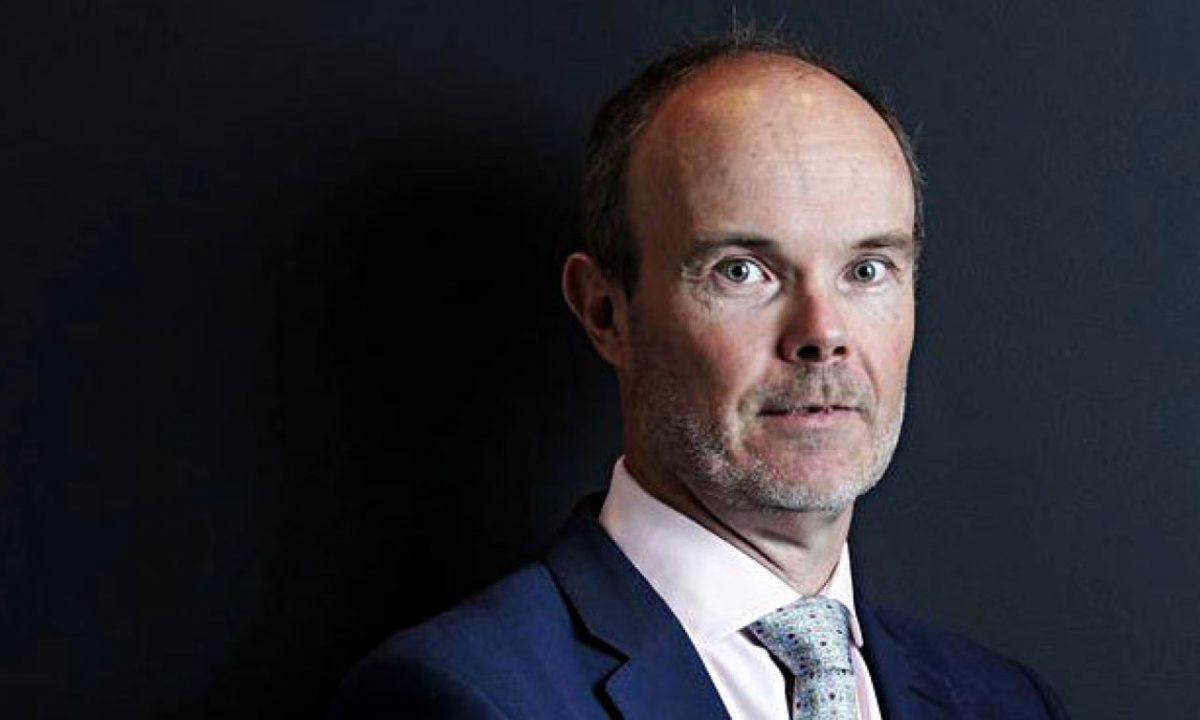Douglass departure has silver lining
Magellan’s funds are unlikely to survive the departure unscathed, but commentators seem to believe the business will be better for the long-term.
There seemed to be little sign that Hamish Douglass was in distress last week. He happily talked his book at a Morningstar conference as a horde of retail investors grew increasingly frustrated on its sidelines and Magellan’s share price fell precipitously as a result of the US tech rout. But Douglass would stick to his guns. The portfolio was not going to be changed in response to short-term underperformance.
Indeed, perhaps he seemed a little too cheerful. A period of “intense pressure and focus on both his professional and personal life” has now sidelined the rock star CIO who has become the public face of the company.
Stepping back into the Magellan fold are two figures from its past: co-founder Chris MacKay and portfolio manager Nikki Thomas. MacKay’s new role will only necessitate popping across the hall; Magellan shares offices with his fund, MFF. Thomas had to depart Alphinity, which she joined in 2017, to return to Magellan – though this was apparently the plan before Douglass took his leave of absence.
While the face of Magellan might be changing, its strategy is unlikely to. Much criticism has been focused on the short-term performance of the flagship global equities fund, but neither MacKay nor Thomas seem eager to chop and change for a short-term performance boost. Indeed, MacKay has at times been more bearish than Douglass and has taken a similarly dire view on the global outlook. The idea behind the global equity strategy has always been that it will do better in tough times, and that idea is about to be put to the test in a world of higher inflation and geopolitical upheaval.
Morningstar, which was one of the first research houses to put Magellan’s funds under review, believes the odds of outperformance are on its side. Investors might now find a low drawdown strategy more attractive. And Douglass’ leave of absence will give other members of the investment team a chance to shine, lessening the key person risk that has always hung over the company.
The danger is if Douglass’ beliefs in how the strategy will perform in a more treacherous environment don’t come to pass – which, he admits, they may not. Fickle retail money and institutional mandates are unlikely to stick around if underperformance persists and downgrades keep coming. Still, the market seems to have taken the news well. Magellan’s share price has bounced since the announcement: the joys of taking the short-term view.











